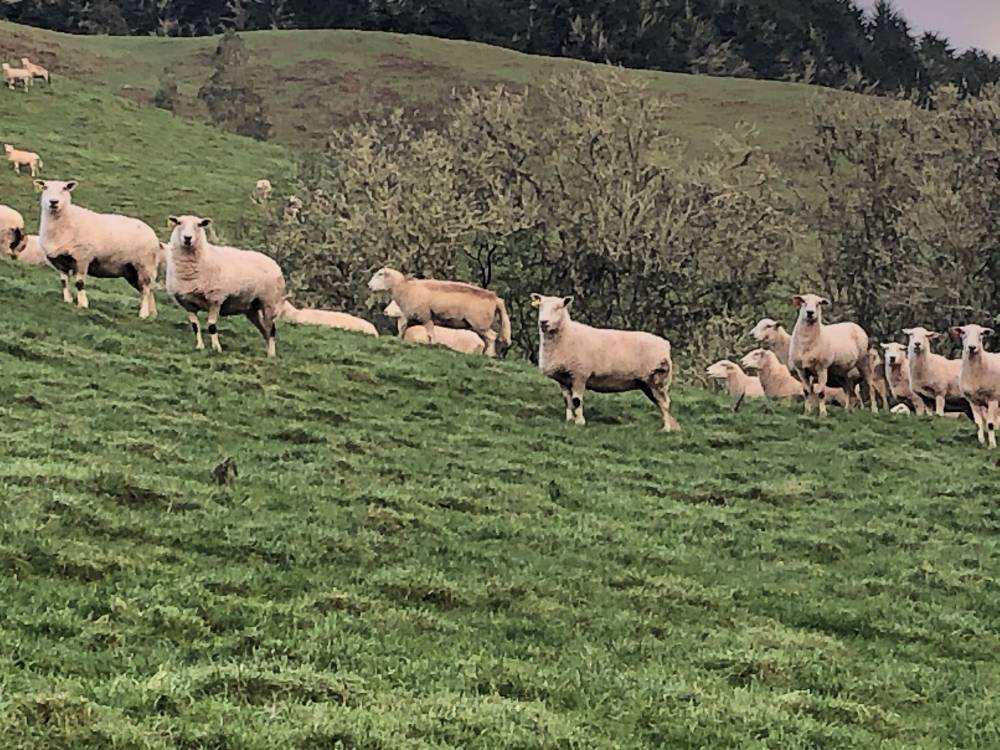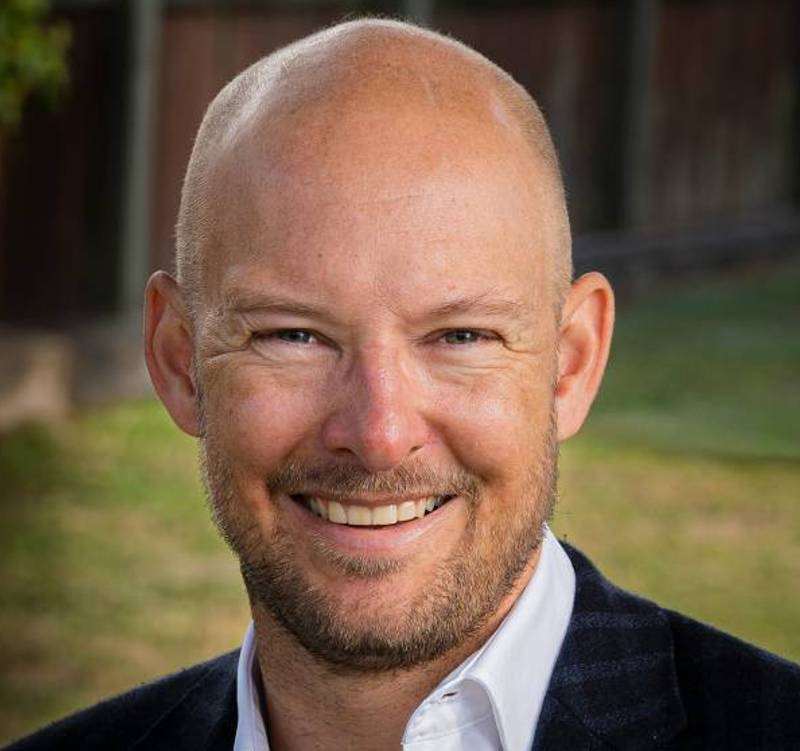
12 Jul Shedding sheep – Wool you or won’t you?
By Lee Matheson, Perrin Ag
A perfect storm has been brewing. Low wool prices, increasing shearing costs, dilapidated wool harvesting infrastructure (historically known as woolsheds), a tightening labour pool and an apparent lack of consumer recognition of wool’s inherent values and performance as a fibre, are all contributing to increasing moves towards shedding sheep.
It is a potentially divisive and emotive topic when raised with sheep farmers. The noise around the place for shedding breeds like Wiltshire and the Aussie White has grown from a barely audible whisper to a drum beat that is becoming hard to ignore. So, amongst all of the excitement and the apparent mad dash of farmers to use their last cheque to buy a shedding ram, what do we actually know about the value proposition they pose?
The reality is surprisingly little.
While shedding breeds have been in New Zealand for well over fifty years, it has been a long, slow decline from wool being the mainstay of a sheep farmer’s income to today, where most of us have lost money from harvesting crossbred wool. As a result, research and commercial investment has, unsurprisingly, been directed towards producing the fertile, higher yielding, increasingly FE resistant dual-purpose sheep flocks most of us are familiar with. Given the familiarity, most are rightly reticent about losing the genetic gains from these flocks just to give wool the chop.
What is the research saying?
A new programme at Massey University’s Riverside Farm was recently launched to objectively compare the performance of Wiltshire-cross progeny with their Romney half-siblings. Until now, there had been no independent research into the performance of shedding breeds in New Zealand conditions. With this research in its infancy, we are still some way off using the individual animal evaluation data with confidence in whole farm system analysis. My friend Will Morrison (Morrison Farming) also informs me that until quite recently there were only three Wiltshire flocks registered on the industry SIL index, compared to some 600 flocks of Romney, Coopworth and other conventional breeds. Based on this fact alone, the industry isn’t exactly spoilt for choice for elite shedding rams.
However, some of the early data from Riverside, as well as anecdotal information from the few farmers who have been farming shedding sheep for many years, indicates that the introduction of shedding sheep genetics into our flocks does not mean sacrificing growth rate or fertility. There appears to be the potential for lower death rates from misadventure and fly strike, as well as a reduction in animal health treatments, dipping, mustering, handling and shearing associated with sheep that shed. In addition, their lack of wool is increasingly alluring as animal welfare and reduced chemical use in farming become an increasing focus for our consumers. And given none of us are getting any younger, the thought of not having to drag a 65kg ewe across the board twice a year is an appealing one.
What about crossbred wool?
Has the sun set on this carbon-dense, sustainably produced and resilient fibre? Not according to Bremworth, who was confident enough to announce last year that they were moving back to solely producing 100% wool carpets, which they have now achieved. The recent appointment of ex-Icebreaker head honcho Geoff Smith to the CEO role at the company also suggests Bremworth might sense the potential for a tectonic shift in the perception of wool by consumers. Is a new dawn for wool about to break?
So, what to do?
After a recent day out with a group of farmers exploring this issue, I’m personally no closer to reaching a conclusion to this seemingly binary question of whether to stick with wool, or not. But what I am clear about is that for farmers, doing nothing isn’t an option.
A basic straw poll of that particular group of farmers resulted in what I thought was a typical outcome – a few were trialling shedding rams, most wanted to hold back and wait to see how the industry and market moved over the next 4-5 years, and a handful were committed to wool production.
What was interesting to me was that when asked, none of that group were actively selecting for the wool characteristics in their rams that their consumers might want. In fact, no one actually really knew what they should be producing. Only one business had invested in the wool value chain beyond their farm gate and none had any real connectivity to their customer. Hardly the building blocks for a vibrant and profitable NZ wool industry that can deliver what consumers want.
There’s an old adage that says doing the same thing over and over again and expecting a different result is akin to stupidity. You could say that any continued inertia by farmers in response to the current situation for crossbred wool might be getting close. To be clear though, I’m not suggesting that persevering with a woolled crossbred sheep is stupid – far from it. Initiatives from companies like Bremworth and trends in consumer preferences hint at better days and prices ahead. The question in my mind is therefore less about “should farmers move to a shedding sheep or not?” and more about “if farmers choose to grow crossbred wool, what are they going to do about it?” We need to stop the wool industry happening to us and start making it happen by us.
“Wool” we step up to the opportunity or not?


